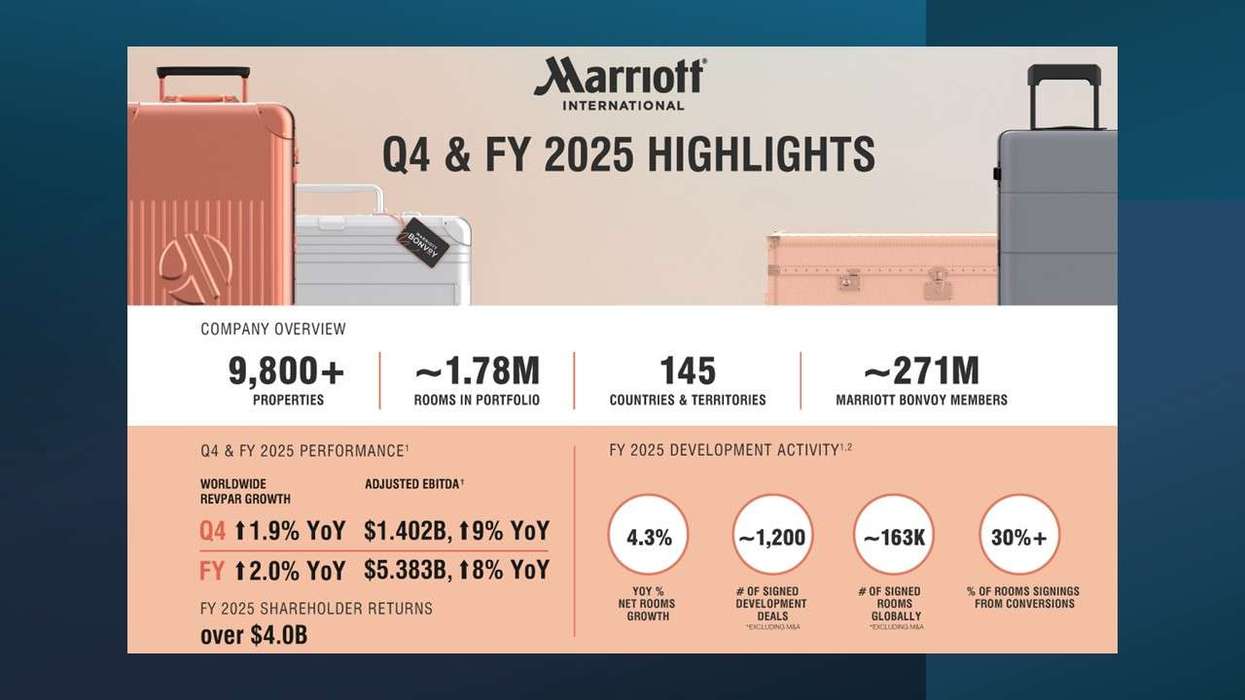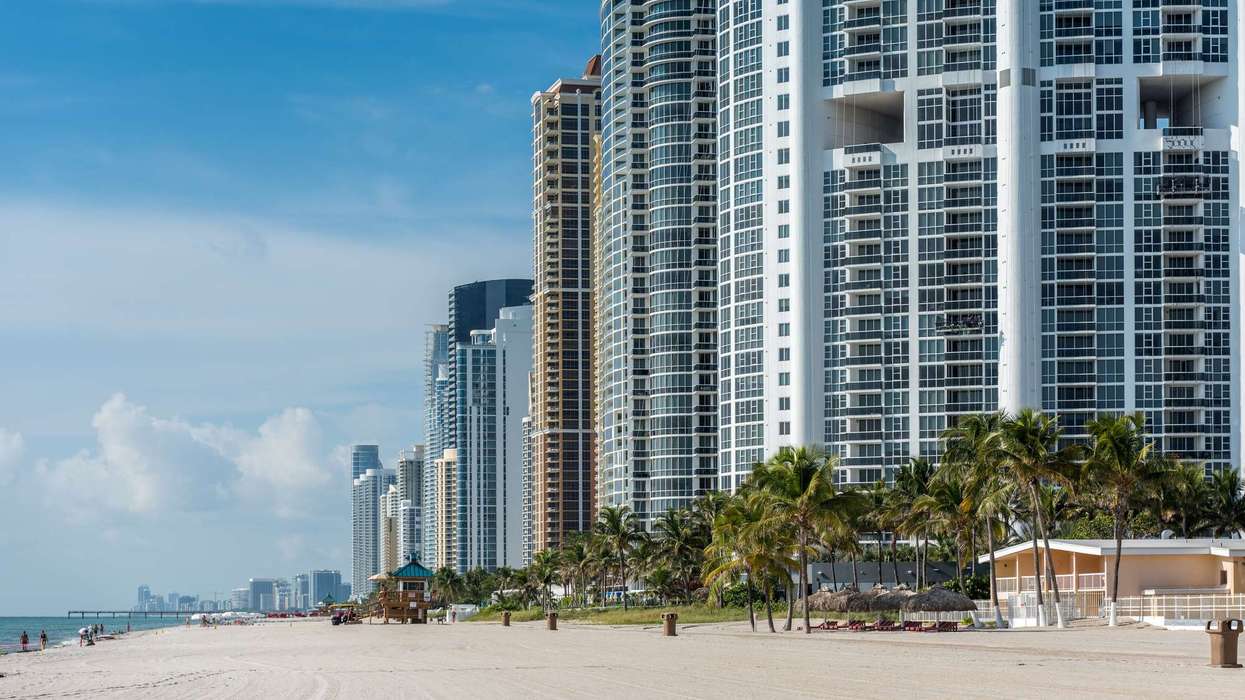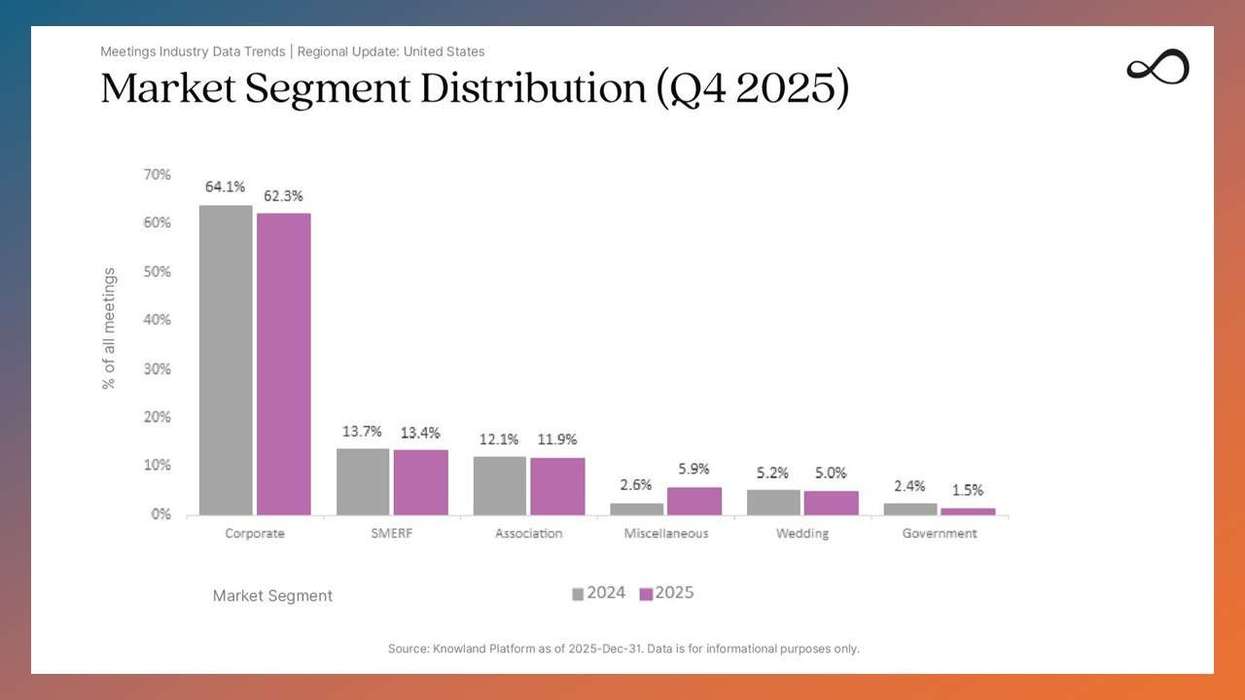A CRISIS CAN be an opportunity for families to come together. For Houston hoteliers Hasu and Sawan Patel, the COVID-19 pandemic has presented a chance to work together to help the community in which they live and work.
Sawan is a managing partner at Unity Hotels Group, a company founded by his father, Hasu, as well as Southeast Texas regional director for AAHOA. Hasu also is president of the Small Independent Motel Owners Association and the Indo-American Political Action Committee.
Like most, if not all, hotels in Houston and around the country, Unity Hotels has seen a steep drop in occupancy as a result of the virus and accompanying economic crash. But Hasu and Sawan are keeping busy.
“Our days are very long right now. Even though our business is slow our days are very long because we’re continually being engaged in situations, issues and opportunities to identify and look into relief efforts,” Sawan said. “Growing up with my father, he’s always been involved, so that type of mindset, that type of activeness, I’ve learned from him.”
Hasu agrees that his son and his days are busy now with fighting the virus and economic downturn.
“Our days are busy, but at a time like this, it is critically important that we continue to represent the industry and our members and continue to work alongside other local leaders and active hoteliers to do all we can to mitigate the economic hardship that is devastating our industry,” Hasu said. “It's definitely a tough time right now for all sectors of the tourism and travel industry, but most particularly the hotel industry. Occupancy is down everywhere and hoteliers are not able to generate the revenue needed to sustain their businesses.”
Fighting for relief
While some hoteliers may be able to depend on their reserves to get them through, Hasu said many are single-property owners who may not have that option.
“SIMA is working closely with AAHOA, Texas Hotel & Lodging Association and the Hotel and Lodging Association of Greater Houston to ensure we are communicating all the relevant information to our members and to provide them with assistance to get relief from the government, specifically the Small Business Administration,” he said.
The recently passed Coronavirus Aid, Relief & Economic Security Act, a $2.2 trillion stimulus package, is a good start, Sawan said. It offers some short term relief and some long term relief, including loans through SBA’s Paycheck Protection Program.
“Basically, that offers small business owners like myself and my fellow hoteliers the opportunity to take out a loan that’s about two and a half times our payroll from last year,” Sawan said. “As long as we use that loan for certain protected allocations, such as utilities, mortgage interest and then, most importantly of course, payroll, that loan ends up being forgiven by the government.”
He said he heard the PPP loans will be available April 3.
“April 3 should be a busy day for the lending community,” Patel said, adding the loans may help hoteliers stay afloat four to eight weeks. “At the end of the day this type of short-term relief really gives us some breathing time.”
Time for franchisers to step up
More help is needed, Sawan said, particularly from large hotel companies. Sawan would like to see more brands waive fixed fees and royalty fees during the crisis, the same position supported by hotel owners in the newly formed Fair Franchising Initiative.
“I think the recipe for franchisees and small business owners in general to get out on the other side of this economic crisis is a combination of four factors,” Sawan said. “It’s going to be short-term government relief, long-term government relief, relief from lenders and then, of course, financial relief from franchisers.”
He understands that companies like Hilton, Marriott International, InterContinental Hotels Group, along with the companies he franchises with, Wyndham Hotels & Resorts, Best Western Hotels & Resorts, Choice Hotels International and Red Lion Hotels Corp., all have to focus on their own survival at this time.
“But I think that franchisers need to be mindful that their financial outlook depends heavily on the stabilization of the franchisees,” he said. “If you wait to provide financial relief when your franchisees are on the brink of foreclosure or just closing down their hotels or bankruptcy, it might be too late.”
Rough times may last a while
The future is uncertain, Sawan said, and the economic impact of the pandemic may last well past the medical emergency itself.
“As far as the hotel industry goes, by now a vast majority of the hotels across the country are probably in single-digit occupancy right now. If they’re not then they will be very soon,” he said. “So, the peak of the economic impact that hotel owners are going to face is either already here or almost here.”
The next option for many is to just close, and more hotel owners may have to make that choice if more companies don’t offer more relief from fixed and royalty fees.
“Any hotel that shuts down right now, they shut down with the intention of it being temporary. But we don’t know the full, lasting impact of this economic crisis and many of those shutdowns may become permanent,” he said. “The economy is not just going to get back on its feet right then and there. It’s going to take time. It’s going to be a long process.”
Business travel may start right back, but leisure travel may have a longer path to recovery. He hopes to start seeing rising occupancy again at the end of the fourth quarter.
“As far as leisure travel goes, my interpretation is that consumer confidence will still be pretty low and people will not just be packing their bags and traveling right away,” he said. “Hopefully by the fourth quarter of this year we will finally see a significant upward trend, assuming that this public health crisis is overcome by the end of quarter two if not earlier.”
Unity Hotels Group hasn’t closed any hotels, but they are feeling the pain. They have shut down floors in their larger properties, and full closures are not out of the question in the future.
Keeping a safe distance
His father and he are mostly working from home, but sometimes Sawan has to visit his properties for some specific reason.
“I have my managers there, my staff there, they’re continuing to work. It’s pretty slow so we might have one or two people at the hotel,” he said. “I’m working from home, but at the end of the day, if I’ve gotta go, I’ve gotta go.”
What guests his hotels do have are mostly from local companies that have people traveling from nearby cities. All common areas in the hotels are closed.
“For the most part, my employees are not interacting with many guests, who are either staying in their rooms or they’re going out to take care of whatever they need and coming back,” he said. “I guess you can say, right now, that’s a good thing.”





